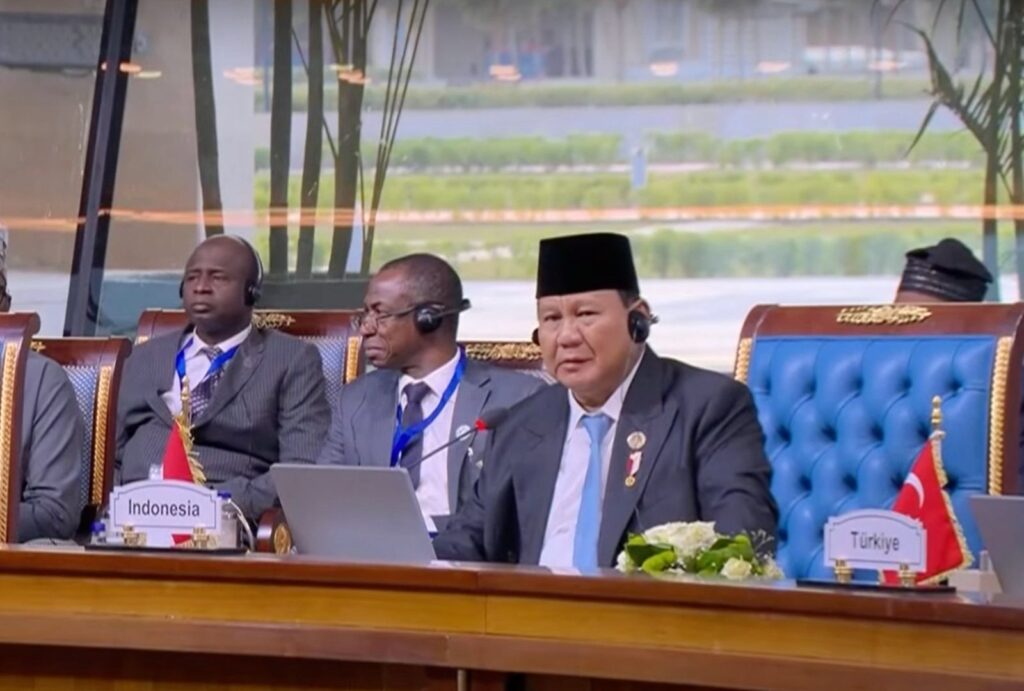COVID-19 – Pandemic disrupts mental health services in most countries: WHO

Jakarta (Indonesia Window) – A new WHO’s (the World Health Organization) survey show that the COVID-19 pandemic has disrupted or halted critical mental health services in 93 percent of countries worldwide while the demand for mental health is increasing.
“COVID-19 has interrupted essential mental health services around the world just when they are needed most. World leaders must move fast and decisively to invest more in life-saving mental health programmes during the pandemic and beyond,” WHO’s Director General Dr. Tedros Adhanom Ghebreyesus said in a statement received by Indonesia Window here on Tuesday.
The survey of 130 countries provides the first global data showing the devastating impact of COVID-19 on access to mental health services and underscores the urgent need for increased funding.
The survey was published ahead of WHO’s Big Event for Mental Health, which is a global online advocacy event on 10 October that will bring together world leaders, celebrities, and advocates to call for increased mental health investments in the wake of COVID-19.
WHO has previously highlighted the chronic underfunding of mental health. Prior to the pandemic, countries were spending less than 2 per cent of their national health budgets on mental health, and struggling to meet their populations’ needs.
The statement mentioned that bereavement, isolation, loss of income and fear are triggering mental health conditions or exacerbating existing ones.
Many people may be facing increased levels of alcohol and drug use, insomnia, and anxiety.
Meanwhile, COVID-19 itself can lead to neurological and mental complications, such as delirium, agitation, and stroke.
People with pre-existing mental, neurological or substance use disorders are also more vulnerable to SARS-CoV-2 infection. They may stand a higher risk of severe outcomes and even death.
World Mental Health Day on October 10, 2020 will highlight urgent need to increase investment in the chronically underfunded sector.
Reporting by Indonesia Window

.jpg)








